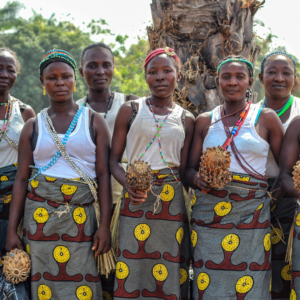Amnesty International has urged Malawi’s presidential and parliamentary candidates to prioritize the promotion and protection of human rights before, during, and after the country’s general elections on 16 September. Ahead of the elections, the organization published a human rights manifesto highlighting eight key priorities for the incoming government, including the right to food, women’s rights, freedom of expression and association, and protections for persons with disabilities, including those with albinism.
The organization emphasized the need for the new government to review and reform laws that restrict freedoms of expression, peaceful assembly, and association to ensure effective human rights protection. Amnesty International noted that during President Lazarus Chakwera’s first term, promises to address impunity, operationalize the Access to Information Act, and ensure government transparency and accountability were not fulfilled, resulting in shortcomings in human rights protections related to the economy, civic space, and living standards.
The manifesto also calls for abolishing the death penalty, improving protections for refugees, migrants, and LGBTI individuals, and expanding access to sexual and reproductive health services. Amnesty International stressed that the government must create a safe and enabling environment during the electoral period, allowing civil society organizations to operate freely and enabling citizens to exercise their rights to expression, assembly, and association without harassment or intimidation.
Amnesty International highlighted that repressive laws, such as the NGO amendment bill and the Electronic Transactions and Cybersecurity Act, have accelerated the shrinking of Malawi’s civic space, and that access to information remains limited despite the passage of the Access to Information Act in 2017. The incoming government is urged to fully operationalize this legislation to promote transparency and accountability.
In addition, Amnesty International emphasized the need to protect marginalized groups. Current laws fail to adequately safeguard women, persons with disabilities, refugees, migrants, and LGBTI individuals, leaving them vulnerable to violence and discrimination. The organization called for the repeal of anti-LGBTI laws and urged the next leadership to uphold equality, dignity, and inclusion for all.
The manifesto provides a roadmap for advancing human rights in Malawi, with the goal of laying the foundation for meaningful change and improving the quality of life for all citizens.







